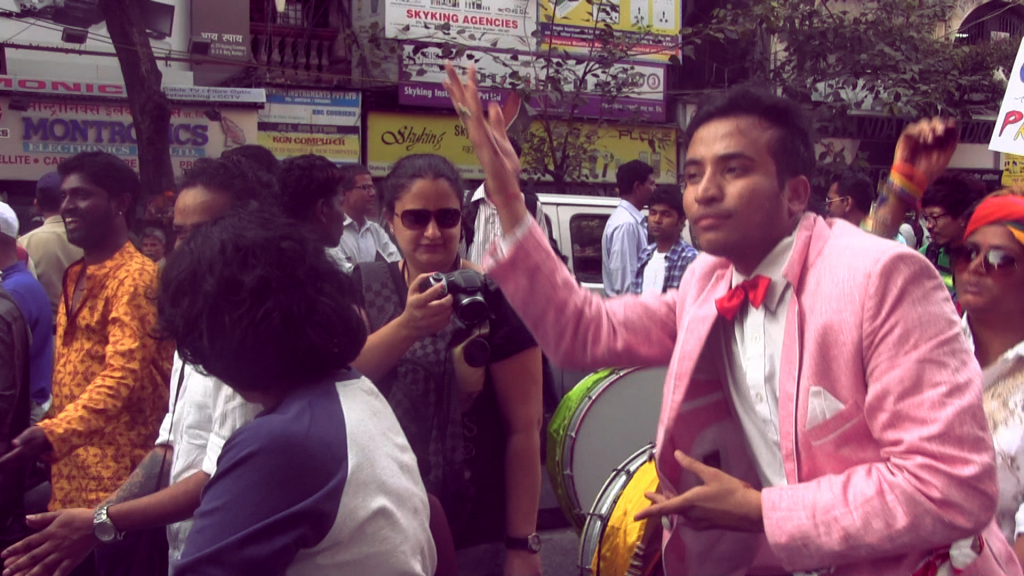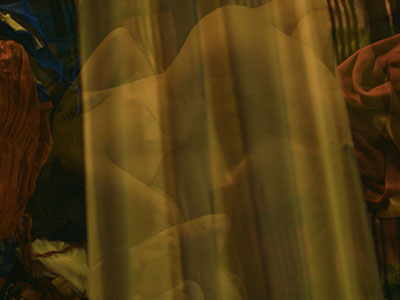It takes great courage to say, I am a homosexual. It needs even greater humbleness to put up with the statement: “What did you say? You are a homosexual!” The complexity of the homosexual behavior generates an obvious question in my mind as to why society looks down upon deviant sexual orientations like Lesbian, Gay, bi or trans. Is it because the homosexuals behave in a way which is not normal? or which is not practiced by the ‘masses’? Or is it because the ‘masses’ try to ignore the harsh truth which attacks their conscience generated out of their socialization? The society at large impute taboos and stigmatizes such deviant people. Does the society really want to curb such deviance or is it to pacify their inner personal war between the conscience and the manifested act in darkness?

Section 377 of IPC violates Fundamental Rights guaranteed under Part III of the Constitution: Article 14 of the Constitution provides us equality by law. It intends to bestow every person with equality in all forms. Then why homosexuals are not treated as equal with heterosexuals? According to the Supreme Court of USA in Lawrence v. Texas liberty gives substantial protection to adults in deciding how to conduct their private lives in matters pertaining of sex. The central idea behind the concept of personal liberty and privacy is that the quest of happiness of an individual must be fulfilled. Homosexual conduct is a very personal conduct and they do it for the sake of happiness. This Article also says that a State can deprive anyone from his personal liberty and privacy according to the procedure established by law. Therefore, someone can say that Sec 377 can restrict homosexuals from their personal liberty and privacy.
This provision of IPC is an arbitrary, unfair and unreasonable provision because it criminalizes homosexuals because of their infertility that gives a very narrow sense of classification between homosexuals and heterosexuals.
The LGBTI (Lesbian, Gay, Bisexual, Transgender and Intersex) community is a sexual minority group which many in the Indian society do not recognize. Indian law too discriminates with them. In the words of the organizers of the march, “Queer Azaadi March is an expression, a voice, a celebration and a platform to ask for equal rights of these individuals conducted in form of an annual parade in Mumbai”. Watch the huge support that the Queer community got in the Mumbai Pride Parade.
India’s LGBT community and their supporters showed up in record numbers to march in Mumbai’s 7th annual gay pride parade. Many were there to protest the January Supreme Court decision to uphold India’s controversial ban on gay sex. Enacted in 1860, section 377 of the Indian Penal Code criminalizes any sex that is not penile-vaginal. Offenders are looking at 10 years to life if convicted, a harsher penalty than rapists face in India.
“We just want the courts and the society to let us be the way we are,”F says Shane Lonen, a fashion stylist from Mumbai, who sported huge feathered wings as part of his costume. “We are born this way. You can’t make us criminal.”
Although, the practice of homosexuality may have been in minority, nevertheless, it has been a part of society. It can be said without hesitation that there is a pattern of discrimination against homosexuals which pervades most dimensions of our cultural life, and that is rooted in a heterocentric system that shapes our legal, economic, political, social, interpersonal, familial, historical, educational and ecclesiastical institutions. The root cause of this pattern of discrimination is perhaps a reasoned system of bias regarding sexual orientation that places heterosexuality as the normative form of human sexuality and thereby connotes prejudice against anyone who falls outside of that form.
This biases perhaps arouse out of the assumption that heterosexuality is a normative species, but it might not be so for all. For some, heterosexuality may be only a ‘common practice’ and it is not necessary that a common practice must always be normative as well. Only because a practice is common to a large number of people does not makes it necessarily normative. Most of the commuters in a local train board it without buying tickets, but can this be called normative?
Compiled by – Priyanka Joshi


